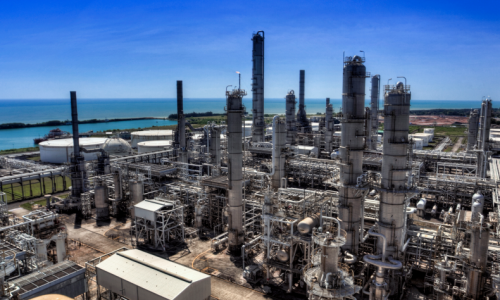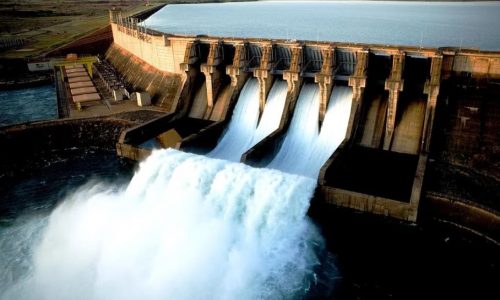State-owned telecommunicatiion company PT Telekomunikasi Indonesia (Telkom) has set an ambitious target to build data centers with a total capacity of 500 megawatts (MW) by 2030 in line with the company’s commitment to environmental sustainability.
According to Telkom’s 2023 Sustainability Report, the company generates approximately 1.7 million tons of carbon emissions annually from electricity and fuel consumption. Telkom aims to reduce its carbon emissions by 20 percent–25 percent by 2030.
The surge in artificial intelligence (AI) adoption across industries has increased the demand for high-capacity data centers.
In response, Telkom is focusing on creating green data centers powered by AI-driven energy management systems to optimize energy efficiency and lower operational costs.
“Data centers require significant energy. Therefore, AI integration in energy management is critical for this development,” Telkom CEO Ririek Adriansyah said during the Earth Restoration Action event in Demak, Central Java, on Friday, November 15, 2024.
Telkom currently operates 32 data centers domestically and internationally, with a total capacity of 42 MW. In the first half of the year, its data center and cloud services generated Rp1 trillion (US$63 million) in revenue.
Recent expansions include:
- neuCentrIX Yogyakarta: Launched in October, this facility, located in Pugeran, is Telkom’s second data center in Yogyakarta and integrates seamlessly with neuCentrIX Semarang. It supports operational needs across various digitalization sectors.
- Batam Data Center: Announced in June, this facility aims to capture demand for data center services from Singapore.
In collaboration with SingTel, Medco Power Indonesia, and other partners, Telkom has invested Rp1.4 trillion (US$88.4 million) to develop AI-based infrastructure over the next five years.
This consortium underscores Telkom’s commitment to meeting the growing digital needs of industries while advancing environmental sustainability.
With its focus on AI and energy efficiency, Telkom’s green data center initiative reflects its dual strategy of supporting technological advancement and reducing its carbon footprint, further solidifying its position as a leader in Indonesia’s digital transformation.









